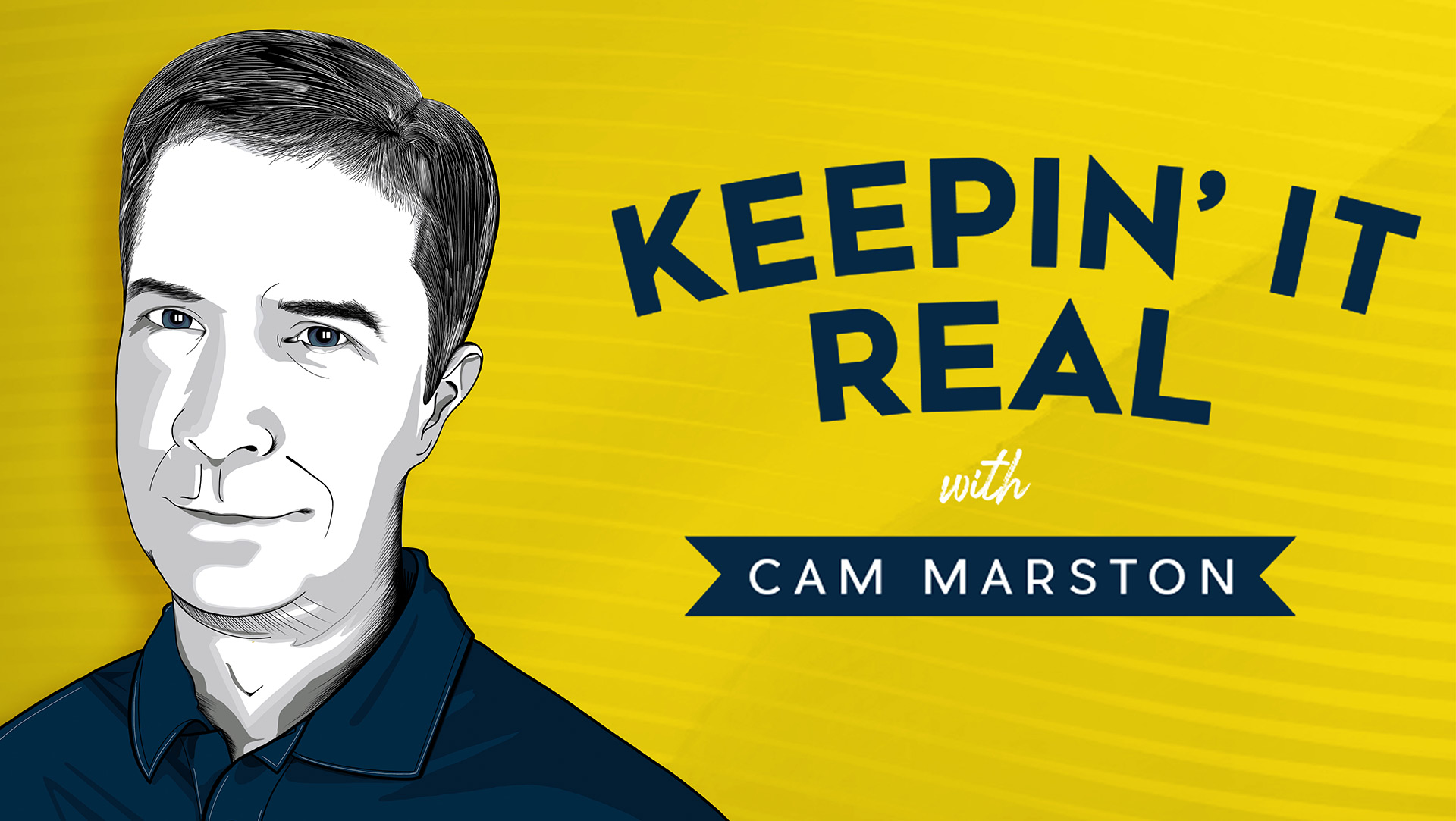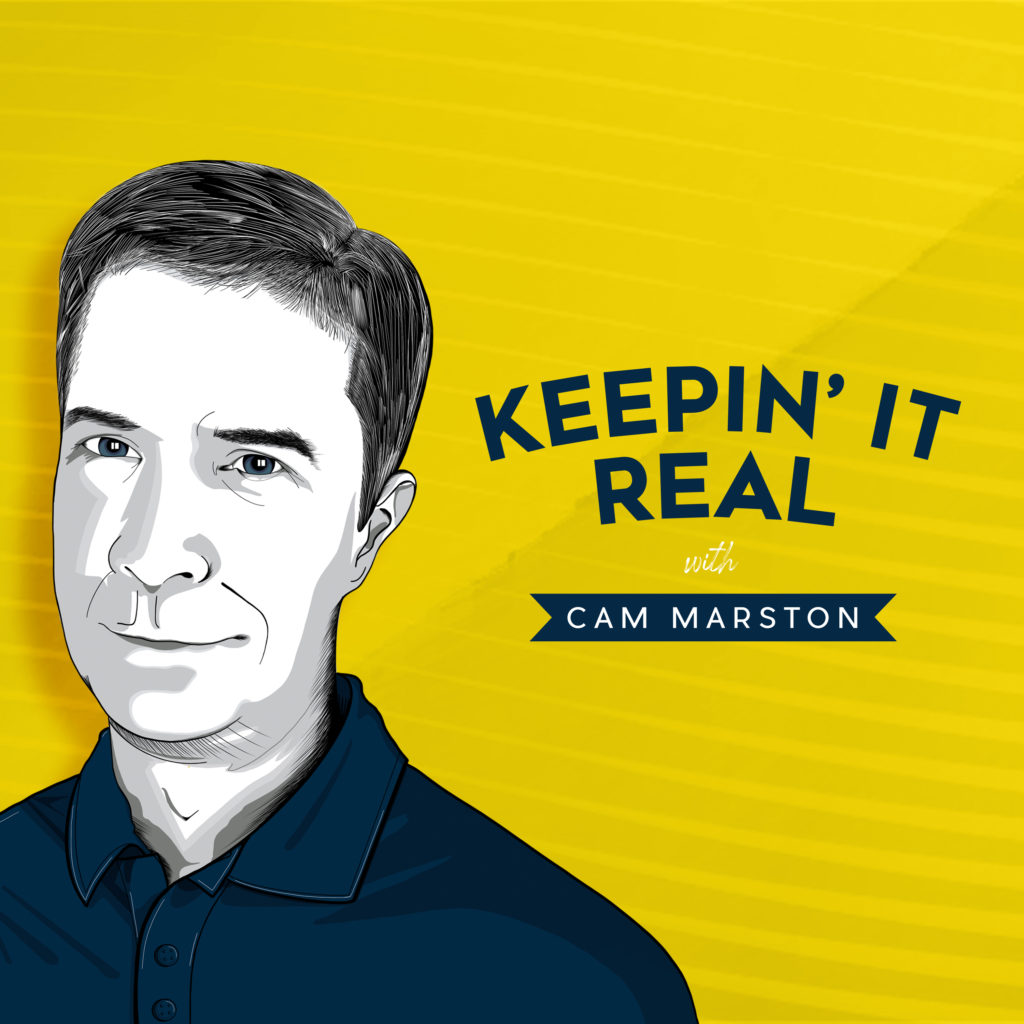Posted On October 21, 2022
Life Stages
A young man asked “My customers keep telling me I remind them of their children. What should I do?”
————-
A young man approached Tuesday after my seminar in Orlando. “I’m twenty-four years old,” he said “and when I’m making sales calls, people say I remind them of their son. How am I supposed to take that?” he asked.
He felt he wasn’t being taken seriously. He worried that he wasn’t doing a good job. And, he felt it was kind of an insulting to say.
I remember being in his shoes. I launched into my career intending to kick tail and take names. I wanted promotions, bonuses, raises, awards, recognition, and celebrity. My job was selling food to restaurants in eastern North Carolina. I went door to door in each town’s restaurant row with Thermoses full of heated samples, a bag of small souffle cups and plastic spoons to offer tastes. I sold cheese sauces, and gravies, corned beef hash, chillies, coffee, and tea. The list goes on.
Today I see the interactions that young man told me about differently. I told him to smile then say, “Tell me about your son.” Listen and smile and ask one follow-up question. “They’re giving you a compliment,” I told him, “It’s not an insult. And people love talking about their children so let ’em. And then gently guide your conversation back on track.”
Like most people his age, I was in what psychiatrist Carl Jung and Franciscan priest Richard Rohr call the ego-building stages of my life. I was trying to shape how people saw me and how I saw and felt about myself. I was working to build an impressive image and, wow, how I’ve changed.
Sometime after about age thirty-five for most people, image building begins to matter less. You don’t stop doing it, it just matters less. A new search then begins for something to replace that image-building feeling that had been so important. The new search signals a shift in identity, it can arrive as a mid-life crisis, and has been known to reveal, for some, a God-shaped hole in their life.
According to Jung and Rohr, a satisfying replacement to image building can only be found by reversing course. Becoming less noticeable instead of more noticeable. Less image conscious instead of more image conscious. According to Rohr, the first half of life is about building your container of who you are and what you stand for and then filling that container. The second half of a life well lived is about draining that container and then destroying it. A full complete reversal from ego building to ego abandonment.
It’s been this way for eons. The young warriors seek fame and glory. They whoop and holler and conquer. The elders shower them with praise and rewards for their work and their bravery. Conquering is the job of the warriors. Praising is the job of the elders.
“I can tell you take your work seriously,” I said to the young man. “I bet you’re an asset here. Your boss is lucky to have you.” “Well,” he said, “maybe, yeah, I guess.” We shook hands. He walked away smiling from the compliment. I walked away smiling from giving it to him.
I’m Cam Marston and I’m just trying to Keep It Real.
Check out this episode!







 .
. 
